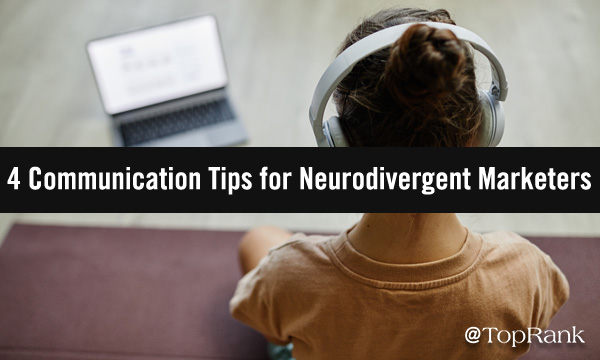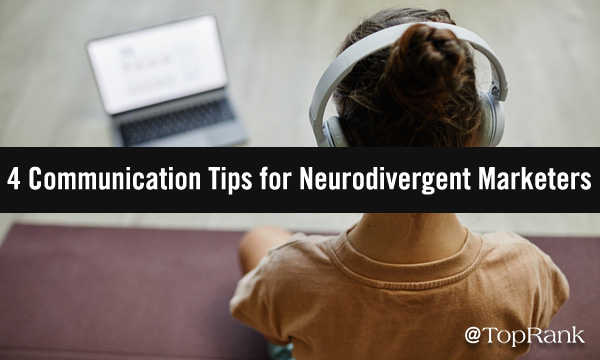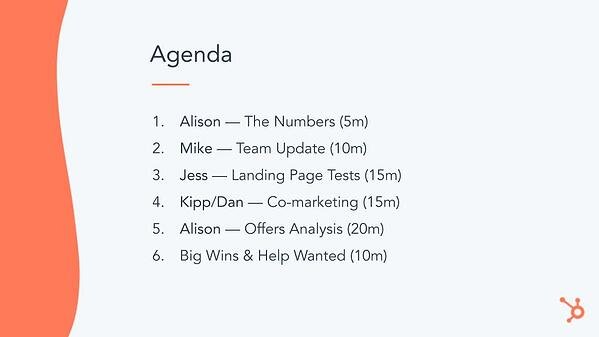Mental Health in Marketing: 4 Communication Tips for Neurodivergent Marketers

By Sam Kirchoff

The world isn’t a one-size-fits-all place.
Embracing diversity of experience, thought, and perspective is a practice we’re seeing grow throughout our industry and those adjacent to it. There’s no longer just one image of what a “professional” looks – or acts – like… there are many.
Elevating those that don’t fit the traditional professional mold is something we believe should be a priority for all businesses, including our own. One area we’ve noticed a need for additional support is mental health in the workplace that goes beyond basic tips for stress relief.
Did you know that somewhere between 15 and 20% of the population is estimated to be neurodivergent? Neurodivergent, in this case, being a word that encompasses conditions that lead to alternative interpretations of the surrounding world, including ADHD, autism, dyslexia, and dyspraxia.
Just like the world isn’t a one-size-fits-all place, solutions for succeeding as a neurodivergent marketer aren’t going to be. That doesn’t mean we can’t make operating in the professional world a little easier for those who need it. Below you’ll find four workplace communication tips for neurodivergent marketers… gathered for you by a neurodivergent marketer.
1 — Don’t be afraid to send a post-meeting follow-up
One common trait among neurodivergent individuals is the fear of being misunderstood. In my personal experience with autism, I have a hard time following through on tasks unless the directions are incredibly clear-cut. The fear of misunderstanding what someone wants me to do and thus doing it incorrectly can paralyze and prevent me from doing the task itself. If you’ve ever felt that way, you are 100% not alone. How do we work around it?
By sending a follow-up. Hear me out: no one is going to know what you don’t know unless you ask. Things that are clear for others might not be clear for you, and they’ll never know unless you tell them. Here are a few things to do during meetings to make sure that, if and when you do send a follow-up, that it’s well received:
- Take meeting notes during all meetings and 1x1s, making sure to call out any time you need clarification
- Let the people you’re meeting with know that you might have questions after you process the information from the meeting so they know to expect your message
- When you write your message, do your best to keep things concise: use formatting or color coding to call out action items, resist the urge to over-explain, try to send your follow-up as soon after the meeting as possible so nothing is lost in the shuffle
2 — Remember that it’s not all on you
Our first tip here is about how you can better communicate to meet your needs, but I don’t want you to think that you have to do all the work yourself. Your workplace can help. Your colleagues can help. The only hard part is that, most of the …read more
Source:: Top Rank Blog








